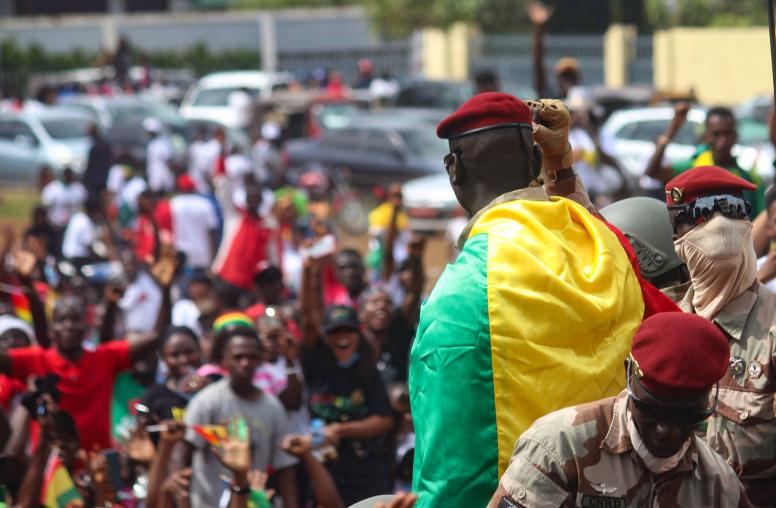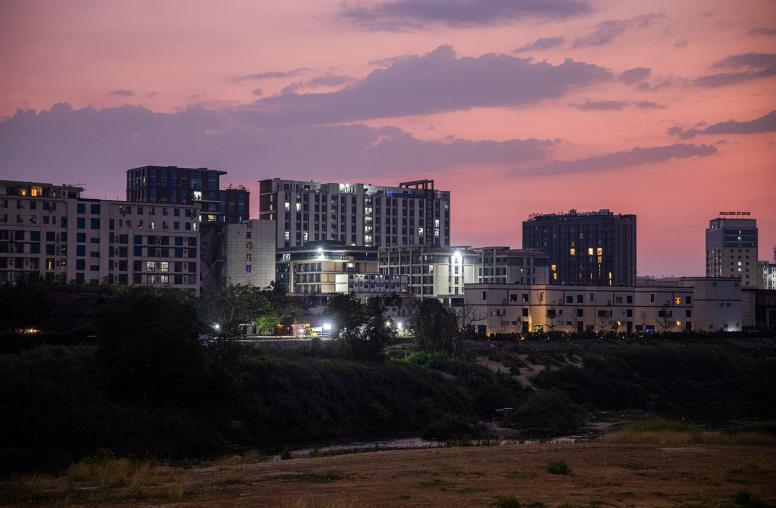Episode 51 - Meshack Simati
Our guest on this episode is USIP Peace Scholar, Meshack Simati, a Ph.D. candidate in political science at Georgia State University. His dissertation is titled, “The False Promise of the Judiciary in Reducing Election Violence among African Countries.” Together we explore the history of election violence in Kenya and other countries around the world. What is election violence? How does it impact the voting process and the outcome? What are the implication for the future? How do we prevent it?



